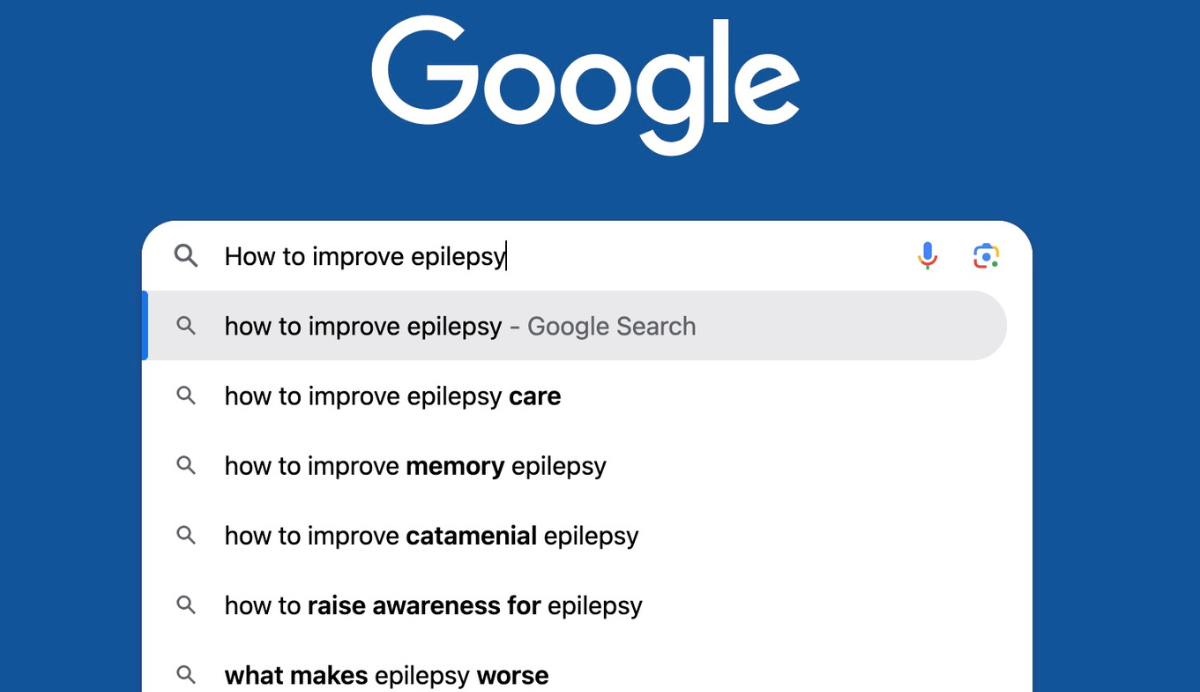Artificial Intelligence (AI) and machine learning are the buzz words of the moment providing much watercooler discussion – particularly with the recent introduction and popularity of AI chatbot tool, ChatGPT.
While scepticism exists about AI and the biases within programming, AI is here to stay and presents a positive shift to a methodology where humans and computers can work together to solve and transform some of the world’s biggest issues.
The Australian Epilepsy Project (AEP) is a multi-year research project focused on transforming the diagnosis and treatment of people living with epilepsy and is turning to AI to help achieve this.
"This is an exciting new standard of care that we'll be able to offer people living with epilepsy," says Professor Jackson, the AEP's Chief Investigator
“Using algorithms, imaging, and rich data we can extract insights to predict patterns in epilepsy and create individualised treatment plans for patients. This is an exciting new standard of care that we’ll be able to offer people living with epilepsy,” says Professor Jackson, the AEP’s Chief Investigator.
We have the answers, but they are trapped in research, often with a 30-year translational gap between research and clinical care. Lack of standardised access to the right tests and the right analyses has been a fundamental barrier. The mission of the AEP is to change this through a national network of testing hubs for all Australians living with epilepsy.
The AEP will use sophisticated informatics technologies to curate large data sets across the three core data modalities – imaging, genetics and cognition, giving a deeper understanding of brain function in epilepsy.
Artificial Intelligence algorithms will reveal hidden patterns in these data sets, providing diagnostic information and outcomes prediction to optimise treatment pathways. This model of health care is scalable and translatable across all brain conditions.
Read on for an overview* of the core concepts of AI that may give clinician and neuroscience researchers an appreciation of how artificial intelligence can be harnessed to support clinical decisions.
*Brain Communications, Volume 2, Issue 2, 2020; Artificial intelligence for clinical decision support in neurology
Mangor Pedersen, Karin Verspoor, Mark Jenkinson, Meng Law, David F Abbott, Graeme D Jackson
-2.jpg)
AEP Keynotes at AWS Summit Sydney Innovation Day

AEP hailed as an exemplar for transforming lives


